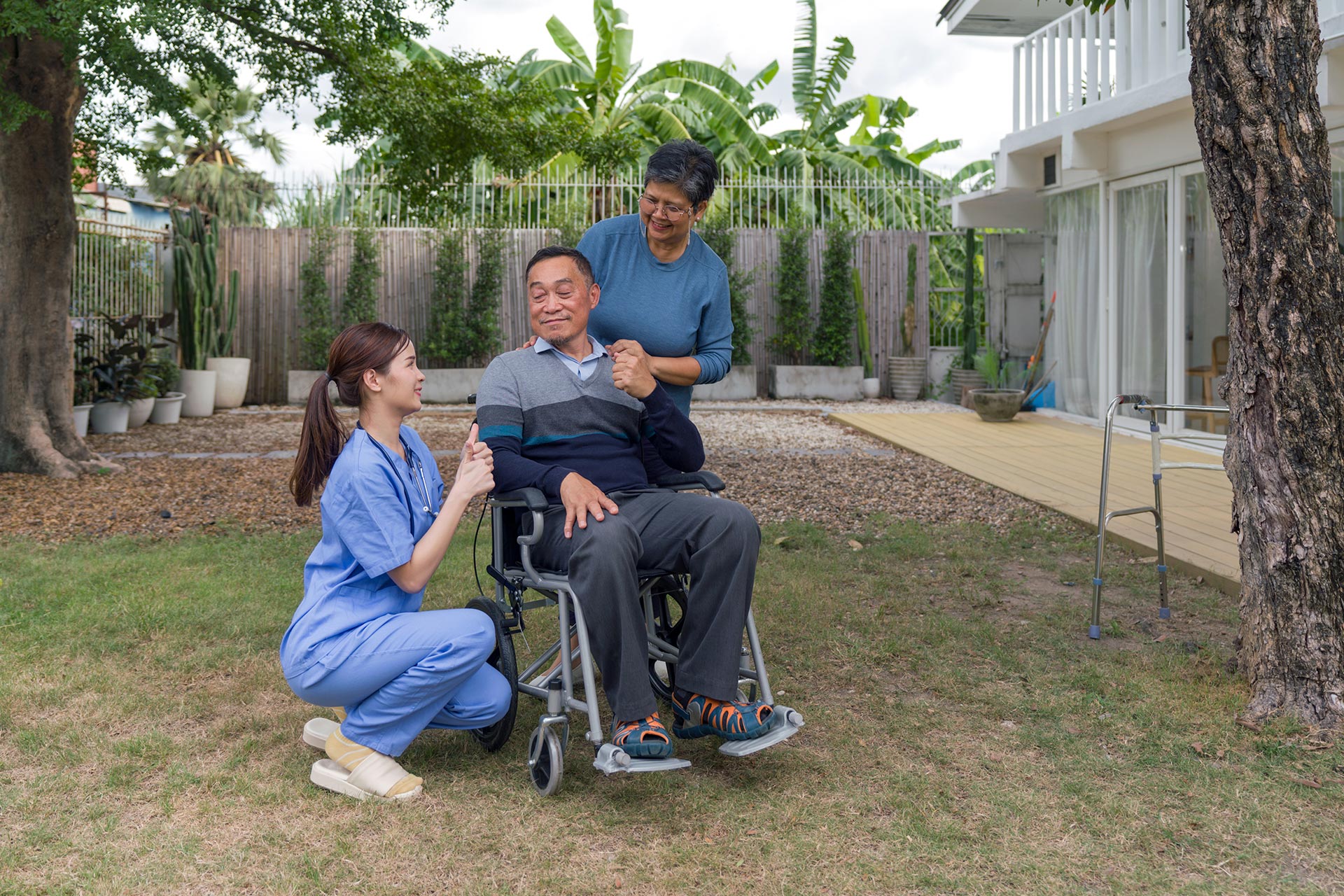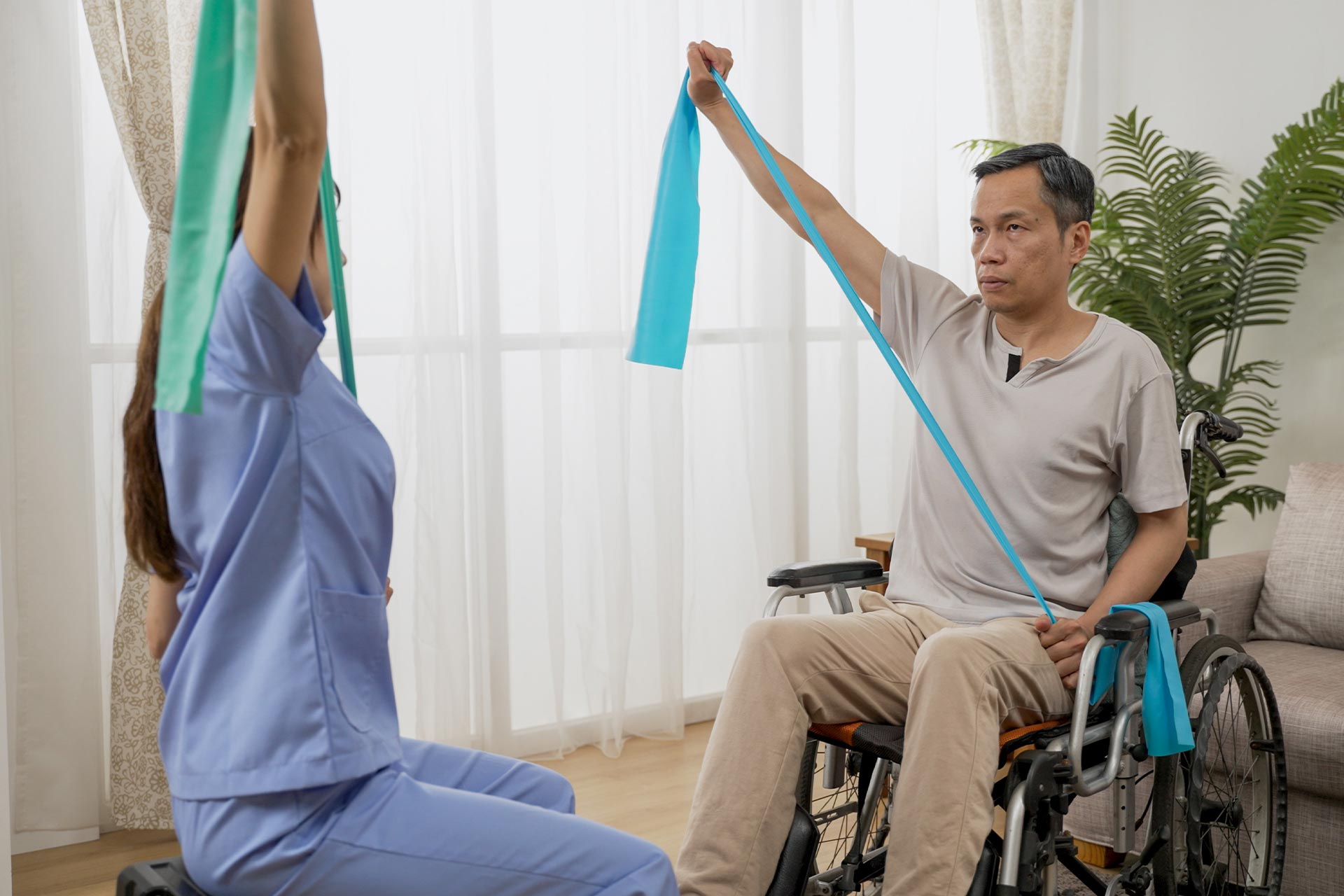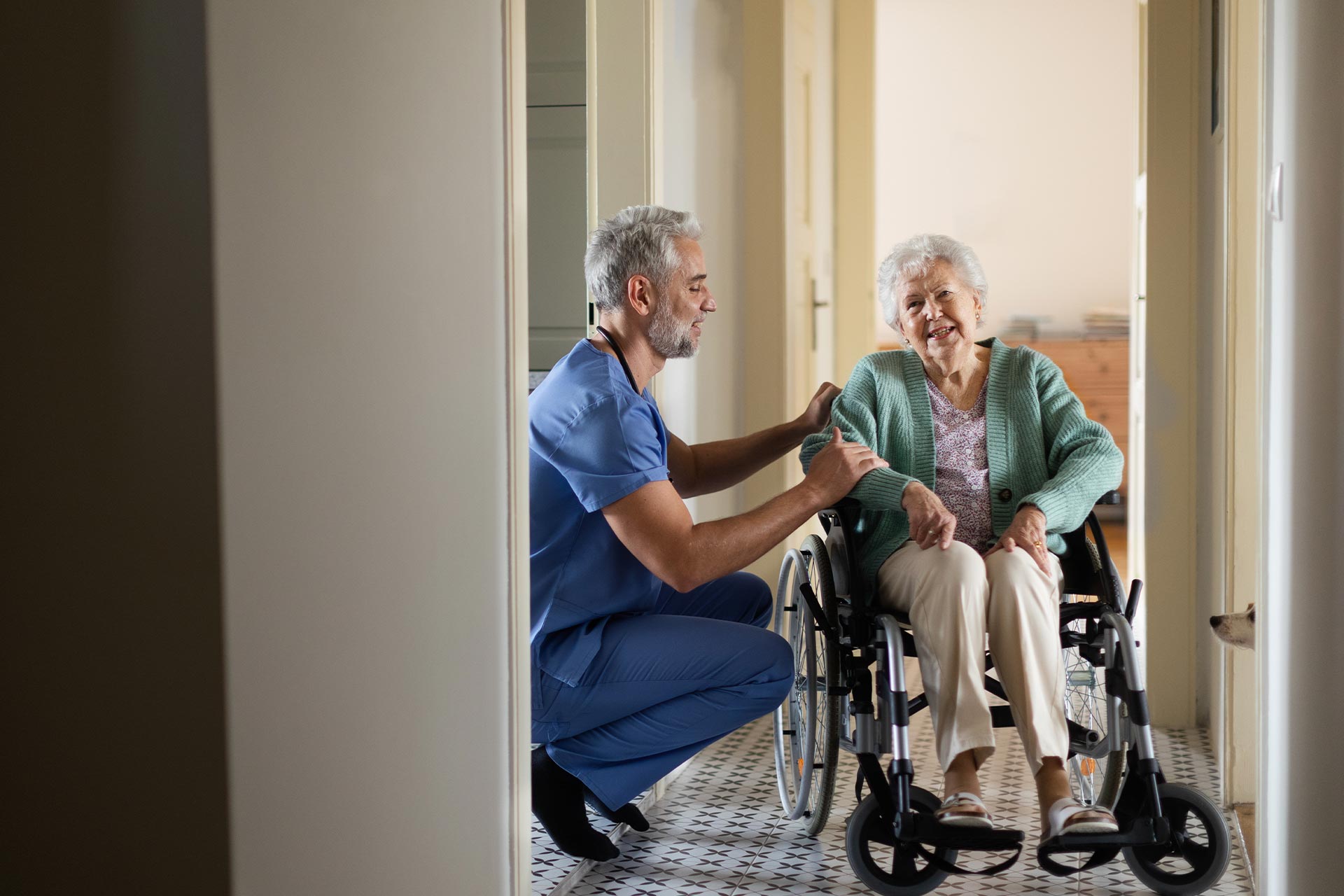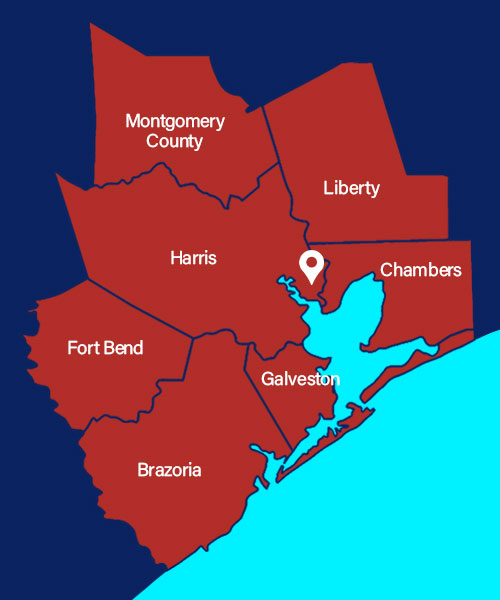September is National Spinal Cord Injury Awareness Month, a vital time dedicated to recognizing the profound, life-altering impact of spinal cord injuries (SCIs) and promoting prevention, rehabilitation, and ongoing research. First recognized in 2013 through U.S. Senate Resolution 533, Spinal Cord Awareness Month acknowledges the clinical aspects of SCI and the human experience, as well as the lives affected, the medical teams supporting them, and the potential for future breakthroughs.
At Signature Health Services, we understand the life-changing challenges SCI patients and their families face. Through dedicated care from skilled home nurses and therapists, people with spinal cord injuries can achieve greater comfort, independence, and long-term health outcomes.
Why Spinal Cord Injury Awareness Matters
SCI awareness is more than a health campaign. It represents a growing public health priority. Every year, thousands of people experience spinal cord injuries, most commonly due to trauma, with effects that can last a lifetime. These injuries might often lead to paralysis, chronic pain, complications of spinal cord injury, and emotional distress.
Highlighting SCI Awareness in September provides the opportunity to educate communities about what causes spinal cord injuries, how to reduce risks, and how proper support, primarily through home care, can make a significant difference in recovery.
What Is the Spinal Cord and Why Is It So Critical?
To understand the consequences of an SCI, it helps first to answer a simple question: What is the spinal cord?
It is a long, cylindrical structure of nerve tissue encased within the spine. It connects the brain to the rest of the body, transmitting signals that control movement, sensation, and autonomic functions. When the spinal cord is damaged, the communications between the brain and body can become partially or completely disrupted, leading to several impairments.
What Causes Spinal Cord Injuries?
A lesion in the back or spine can occur from various causes, which are generally grouped into traumatic and non-traumatic injuries:
Whether traumatic or not, the cause of a lesion on the spine can drastically impact a person’s ability to move, feel, and function. Complications of spinal cord injury may include paralysis, respiratory failure, pressure injuries, urinary tract infections, and more.
Symptoms of Spinal Cord Injury
Prompt recognition of symptoms of spinal cord injury is crucial for initiating immediate medical care. Early treatment may prevent further damage and improve outcomes. Signs might vary depending on the severity and level of the lesion, but common symptoms include:
If any of these symptoms are present, immediate medical evaluation is essential. Swift intervention increases the likelihood of preserving function and beginning effective rehabilitation.
Understanding Paraplegia vs Quadriplegia
The level and completeness of the damage classify spinal cord injuries. Two major categories are paraplegia and quadriplegia (tetraplegia).
Regardless of severity, both conditions are life-altering, requiring comprehensive care that can be delivered effectively at home with the help of trained professionals.
How Home Nurses and Therapists Support SCI Recovery
During Spinal Cord Awareness Month, it is essential to recognize the significant role of home care providers. Home nurses and therapists are often the cornerstone of SCI recovery, especially for those transitioning from hospital care to long-term living at home.
Caring for patients with spinal cord injuries at home helps reduce hospital readmissions, lowers healthcare costs, and improves their quality of life.
Research and Future Treatment Possibilities
Although there is currently no cure for SCI, ongoing research offers hope. Scientists and clinicians are exploring various treatment options, such as:
- 1
Stem cell therapy, which may regenerate damaged nerve cells
- 2
Electrical stimulation of the spinal cord to promote motor function
- 3
Wearable exoskeletons to aid mobility and reduce muscle atrophy
These advancements promise to increase functional recovery and independence, making support for SCI research funding all the more critical.
How to Get Involved in Spinal Cord Injury Awareness Month 2025
There are many meaningful ways to participate and help promote SCI awareness this September:
Moving Toward a Future of Hope and Independence
As we recognize National Spinal Cord Injury Awareness Month 2025, let us reflect on the progress made, the work still to be done, and the strength of those living with spinal cord injuries. By promoting SCI awareness, funding research, and providing compassionate home care, we can enhance lives and foster greater independence.
Whether you are caring for someone with a spinal cord injury, supporting a loved one, or working in healthcare, your involvement has the power to create change. With dedicated home nurses and therapists by their side, patients can regain function, confidence, and quality of life right at home.
Call Signature 24/7 at 1 (800) 277-8291 for excellence in skilled and compassionate home health care.

Your Complete Home Health Care Solution!
ALWAYS ON CALL
| Monday – Sunday | 24 / 7 |
1 (800) 277-8291 (option 1)
COUNTIES SERVED
OUR VALUES
TESTIMONIALS

I love all of my home health people.

All Signature staff as well as therapy were very helpful.

Their services have always been great.

I really love my physical therapist. Gary has helped me so much.

This has been one of the best agencies. Very caring nurses.

I’ve had a really good physical therapist and really nice nurses.

I have had excellent care & would recommended them to anyone.

Gary Dixon is the very best physical therapist in Baytown and Houston Area.



